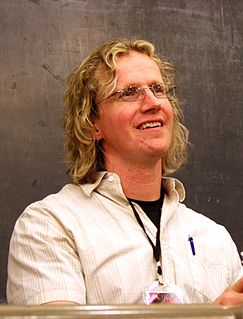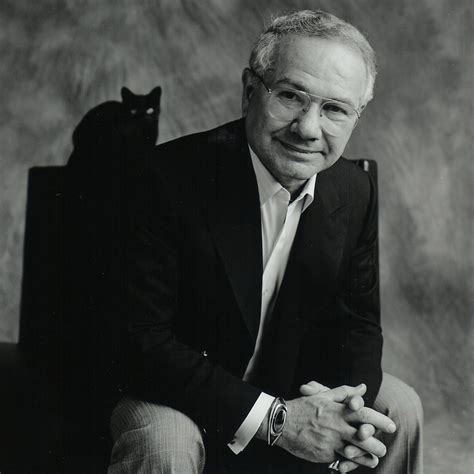A Quote by Gregory Benford
You had to form for yourself a lucid language for the world, to overcome the battering of experience, to replace everyday life's pain and harshness and wretched dreariness with - no not with certainty but with an ignorance you could live with. Deep ignorance, but still a kind that knew its limits. The limits were crucial.
Related Quotes
He imagined the pain of the world to be like some formless parasitic being seeking out the warmth of human souls wherein to incubate and he thought he knew what made one liable to its visitations. What he had not known was that it was mindless and so had no way to know the limits of those souls and what he feared was that there might be no limits.
We had entered an era of limitlessness, or the illusion thereof, and this in itself is a sort of wonder. My grandfather lived a life of limits, both suffered and strictly observed, in a world of limits. I learned much of that world from him and others, and then I changed; I entered the world of labor-saving machines and of limitless cheap fossil fuel. It would take me years of reading, thought, and experience to learn again that in this world limits are not only inescapable but indispensable.
I say: liberate yourself as far as you can, and you have done your part; for it is not given to every one to break through all limits, or, more expressively, not to everyone is that a limit which is a limit for the rest. Consequently, do not tire yourself with toiling at the limits of others; enough if you tear down yours. He who overturns one of his limits may have shown others the way and the means; the overturning of their limits remains their affair.
Man feels the urge to run up against the limits of language. Think for example of the astonishment that anything at all exists. This astonishment cannot be expressed in the form of a question, and there is also no answer whatsoever. Anything we might say is a priori bound to be nonsense. Nevertheless we do run up against the limits of language. Kierkegaard too saw that there is this running up against something, and he referred to it in a fairly similar way (as running up against paradox). This running up against the limits of language is ethics.



































